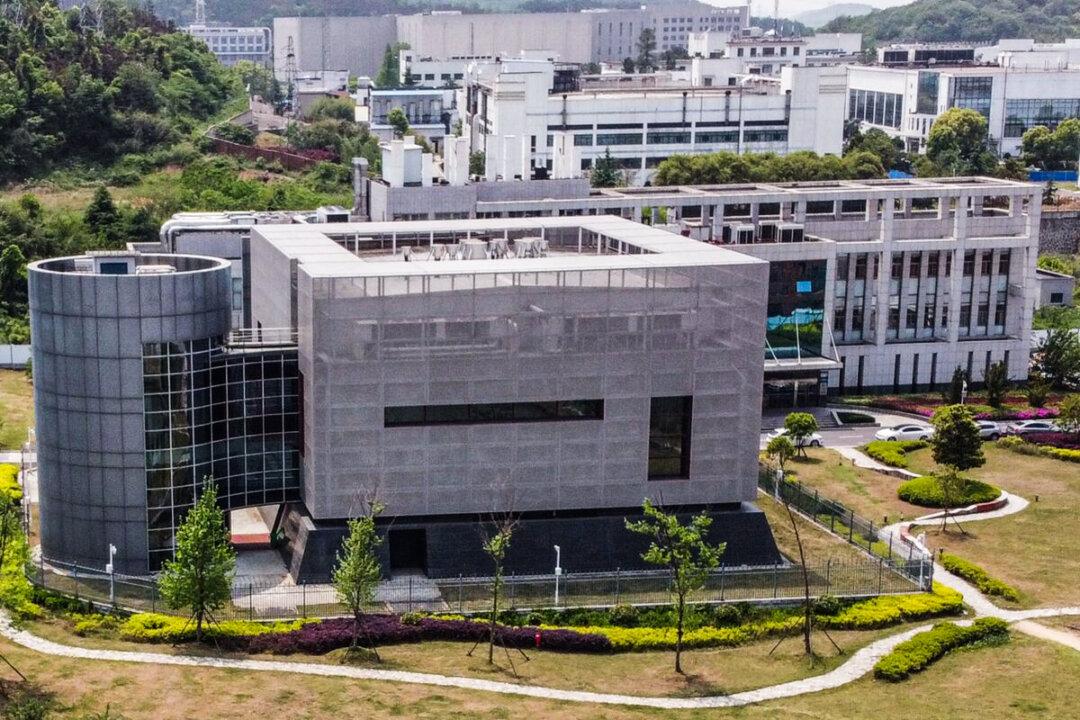Commentary
Over centuries, scholars of antiquity and modern civilization have been intrigued by the search for natural truth and well-ordered rules for life.

Over centuries, scholars of antiquity and modern civilization have been intrigued by the search for natural truth and well-ordered rules for life.